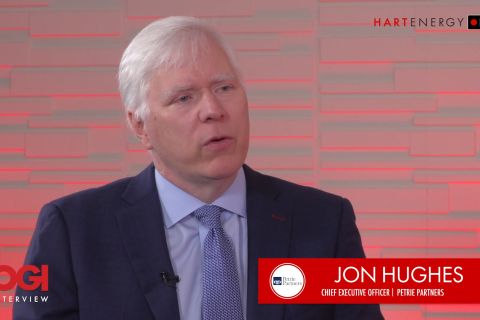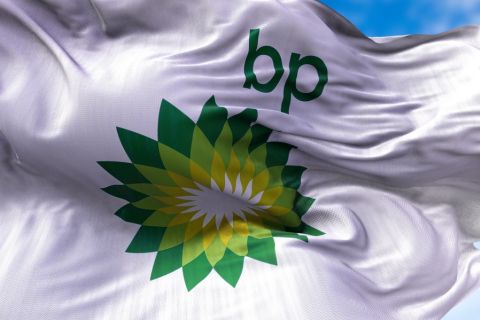ConocoPhillips Co. unveiled plans amid a first-quarter loss to significantly boost oil curtailments that will lop off more than 30% of the Houston-based company’s oil production.
In an April 30 company release, ConocoPhillips—the largest U.S. independent oil and gas producer—said it will curtail its North American oil production in May by a further 40,000 bbl/d. In total, the company will shut-in 265,000 bbl/d of production next month across operations in Alaska, Canada and the Lower 48, which includes the Bakken, Eagle Ford and Permian Basin shale plays.
By June, ConocoPhillips will sharply boost oil curtailments, with plans to bring total cuts to 460,000 bbl/d or a third of the company’s first-quarter production on a net basis, according to CEO Ryan Lance.
“This should be seen as a clear signal that we’re willing to use flexibility and balance sheet strength to protect value for our shareholders,” Lance said during the company’s earnings call on April 30.
The company had previously released plans on April 16 to begin voluntarily reducing its planned North American oil production by 225,000 bbl/d beginning in May.
Analysts at Rystad Energy on April 28 forecast at least 300,000 bbl/d of U.S. oil production will be shut in during May and June with low oil prices likely to force more production offline. The outlook also comes as several states in the U.S., including Texas—the largest oil-producing state, continue to debate regulator-mandated prorations.
Companies and industry groups have remained divided on the issue of prorations. On the earnings call, Lance noted that ConocoPhillips hasn’t been supportive of proration from a regulatory perspective.
“The market is reacting, the market is working and it’s going to drive supply down to match inventory levels and what the demand of what the refineries can take on the other end,” he said.
ConocoPhillips on April 30 reported a net loss for the first quarter of $1.74 billion, or $1.60 per share. In comparison, the company posted a profit a year earlier of $1.83 billion, or $1.60 per share.
Recommended Reading
The OGInterview: Petrie Partners a Big Deal Among Investment Banks
2024-02-01 - In this OGInterview, Hart Energy's Chris Mathews sat down with Petrie Partners—perhaps not the biggest or flashiest investment bank around, but after over two decades, the firm has been around the block more than most.
Petrie Partners: A Small Wonder
2024-02-01 - Petrie Partners may not be the biggest or flashiest investment bank on the block, but after over two decades, its executives have been around the block more than most.
BP’s Kate Thomson Promoted to CFO, Joins Board
2024-02-05 - Before becoming BP’s interim CFO in September 2023, Kate Thomson served as senior vice president of finance for production and operations.
Magnolia Oil & Gas Hikes Quarterly Cash Dividend by 13%
2024-02-05 - Magnolia’s dividend will rise 13% to $0.13 per share, the company said.
TPG Adds Lebovitz as Head of Infrastructure for Climate Investing Platform
2024-02-07 - TPG Rise Climate was launched in 2021 to make investments across asset classes in climate solutions globally.





